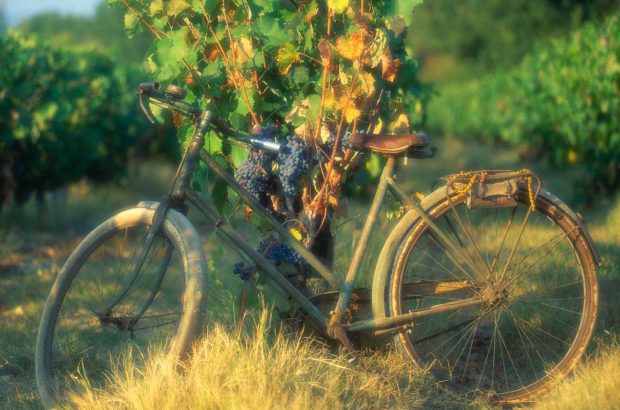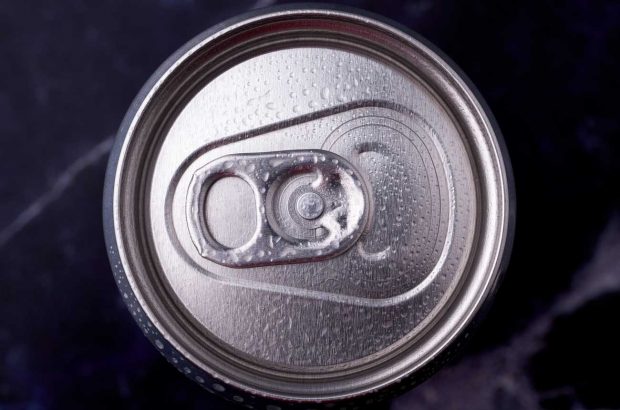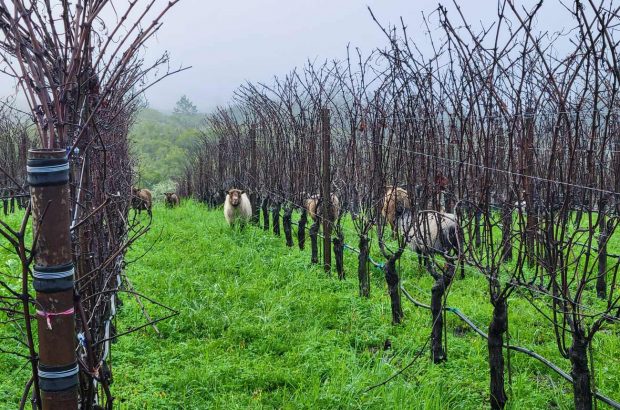Fine wine regions like Bordeaux will cease to be viable as global warming redraws the world wine map, said Australian viticulture specialist Dr Richard Smart.
Speaking at the 2008 Climate Change and Wine conference in Barcelona, Dr Smart said producers would do well to reconsider not only the varietals they are planting, but the location of the vines as well.
‘I would ask anyone with a cellar full of known value wines, have you thought about the fact that in Bordeaux, we may have already seen the best vintages of Cabernet Sauvignon?’ he said.
He added that he hoped fellow conference speaker Michel Rolland would elaborate on regions that are likely to produce ‘post-classic’ wines in the future.
Citing research from sources including the Intergovernmental Panel on Climate Change IPCC) and INRA (France’s national agronomic research institute) , Dr Smart said there is incontrovertible evidence that changes in temperature of even one degree translate into dramatically different weather.
This implies that many wine grape growing regions would become unsuitable for their current varietals.
Southern hemisphere regions like Chile, Argentina, Tasmania and New Zealand, as well as Northern Europe and even some parts of China are ‘lucky’, Smart suggested, as there was room for growers to move to cooler or higher areas to plant grapes.
Such tactics would not be possible in Bordeaux or Burgundy.
‘If you have loose change in in your pocket, you might be thinking about where you can get some cheap real estate now.’
He also warned against turning to genetic modification as the solution.
‘The research authorities have wasted millions on trying to put a cactus gene in a Chardonnay grape. In 30 years, they expect to have a Chardonnay grape that is adapted to higher temperatures.
‘But in my opinion, this will produce nothing but Chardonnay-flavoured tequila.’
Written by Maggie Rosen in Barcelona




